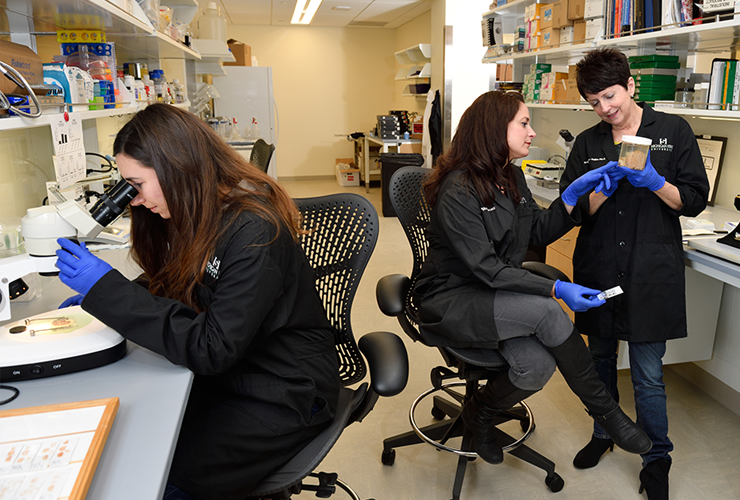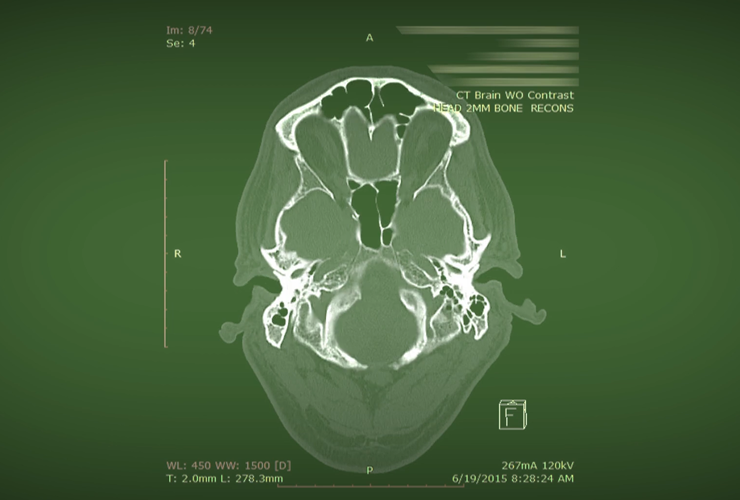Mission
Research
The Department of Translational Neuroscience (TransNeuro) acts as a catalyst for enhancing bidirectional opportunities for clinical, basic and translational research in neurodegenerative diseases. TransNeuro provides the physical infrastructure and intellectual assets to conduct preclinical and translational medical research in collaboration with clinical and basic science faculty throughout MSU, as well as with our strategic medical health partners in Grand Rapids (Van Andel Institute, Mercy Health Saint Mary's and Spectrum Hospital). We are also dedicated to providing educational and training opportunities to basic scientists and physician-scientists committed to disease-oriented research. TransNeuro’s research teams primarily focus on the study of Parkinson’s disease, Alzheimer’s disease and Traumatic Brain Injury.

Education
TransNeuro offers specialized seminars through the College of Human Medicine within the broad discipline of Neuroscience. Course offerings change by year, cover specific topics associated with TransNeuro research priorities and typically include basic, preclinical and translational neuroscience. TransNeuro focuses on training the next generation of research scientists (pre and postdoctoral) while also exposing trainees to alternative career paths and opportunities outside of bench research.
Our faculty are mentors in several degree granting programs at Michigan State University:
The Michigan State University Neuroscience Graduate Program offers world-class research and unparalleled education paired with outstanding mentors and highly collaborative environments. The program provides a wide range of research opportunities for our students including basic, translational and clinical research.
Faculty are located in East Lansing on the main campus of MSU, and the Grand Rapids Campus of the College of Human Medicine.
The BioMolecular Science Gateway offers admission to 6 graduate programs: Biochemistry and Molecular Biology, Cell and Molecular Biology, Genetics, Microbiology and Molecular Genetics, Pharmacology and Toxicology, and Physiology. Students have access to training in over 150 research laboratories in the fields of biochemistry, cancer, cell biology, genomics, genetics, immunology, microbiology, molecular biology, pharmacology, toxicology, physiology, plant molecular biology, structural biology, and virology.
Students rotate through the laboratories of potential Ph.D. mentors and take coursework appropriate to their disciplinary interests. In the spring semester of the first year, students have the opportunity to select the Ph.D. program that aligns most closely with their educational goals.


